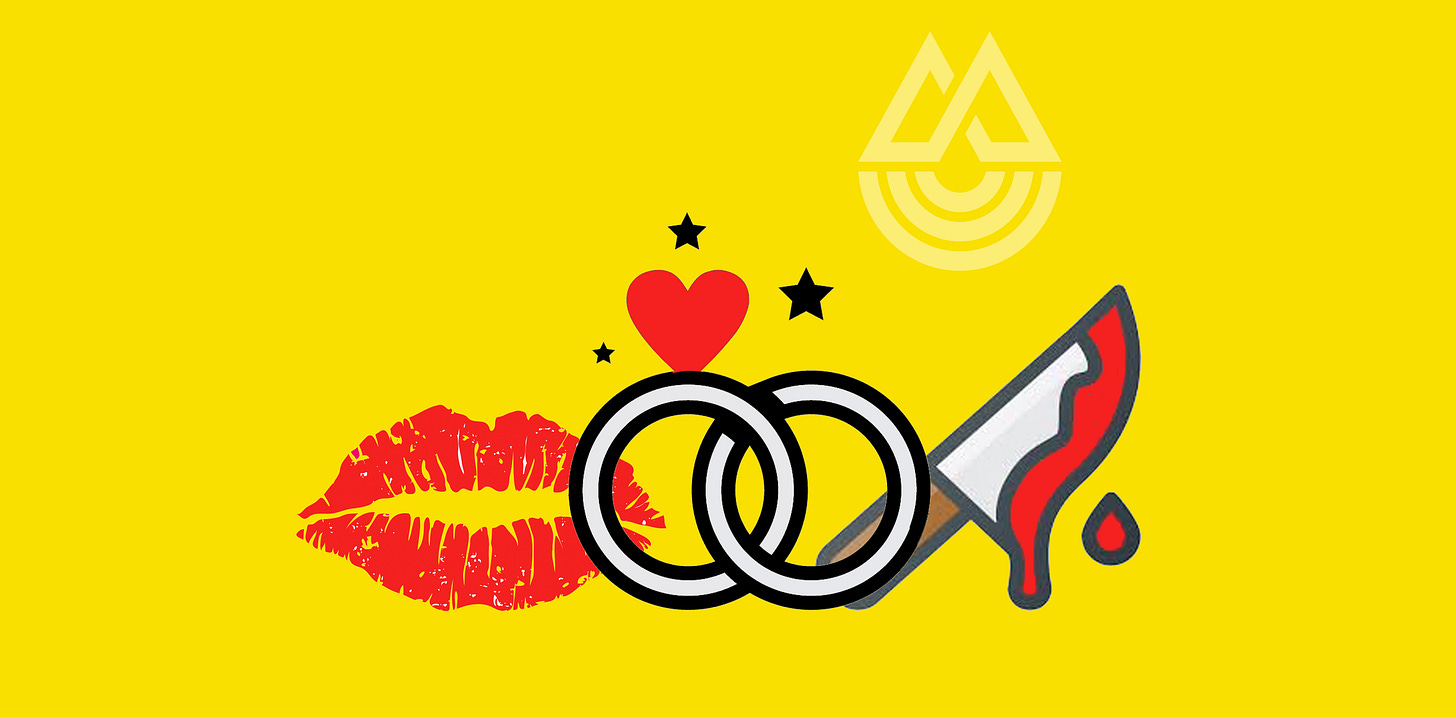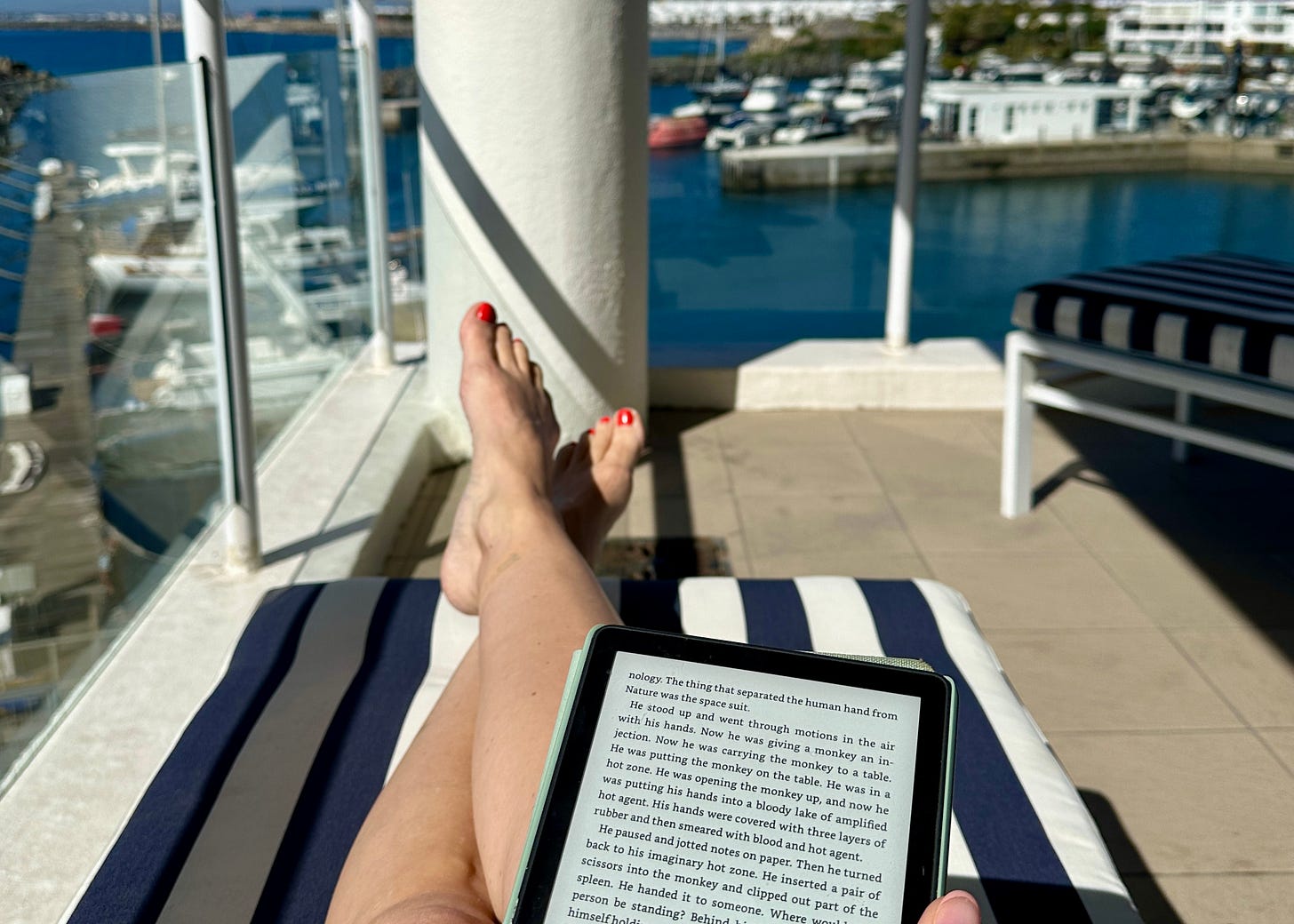Kiss, Marry or Kill: 34
THREE five-star books! Plus the questions you really need to ask before saying yes to that project/invitation/commitment, and the worst tidying advice ever?
This is my weekly series for subscribers only, where I’ll share things that caught my eye this week in a fun and flirty way (kiss), a sustainable way (marry), or a not-so-good way (kill). And yes, this trendy game is technically “f***, marry, or kill” but we run a family-friendly-ish show around here.
Kiss (things I like right now)
The Hot Zone, Richard Preston
I had a lot of time to read during my travels throughout South Africa. While scrolling through my Kindle samples in the Johannesburg airport, I found The Hot Zone: The Terrifying True Story of the Origins of the Ebola Virus. It was way too on-the-nose to resist—and it ended up being one of my top ten non-fiction books OF ALL TIME.
Written in 1995, The Hot Zone falls into my favorite category of books: non-fiction that reads like thrilling, action-packed, edge-of-your-seat fiction. Preston’s extensive research and interviews covers the discovery of a fatal hemorrhagic virus in the African rain forest in the 1970’s through a terrifying and potentially world-changing outbreak in a monkey lab outside of Washington, DC in 1989.
The book is highly science-y on the subject of virology (filoviruses in particular), epidemiology, and life in a Level 4 “hot zone." I loved every second of the science, as detailed and gory as it was. (The description of how Ebola effects all of your bodily systems—and how you eventually die from the virus—are, in a word, HORRIFIC.) Preston has a knack for taking something highly technical and breaking it down into understandable concepts, which made it easy to follow along, and I loved learning more about viruses—their structure, function, evolution, and the role they fill in the natural world.
He also told the stories of his characters, from doctors to researchers to victims, in a compelling, empathetic, and deeply respectful way. I learned a lot about nature—human and otherwise—from this book, and came away with a newfound respect for the natural order. It was fast-paced, fascinating, and deeply terrifying, and kept me eagerly turning pages (and wondering if I did in fact feel the beginnings of a headache) late into the night. Yes, The Hot Zone is old, but viruses, epidemics, and pandemics are certainly more relevant now than ever, and this feels like one of those “everyone should read” history books.
Note: There is a follow-up, called Crisis in the Red Zone, which chronicles the Ebola crises of 2013-2014. The follow-up more deeply cover the virus’s origins, metamorphosis, the swath of destruction it cut through several African countries during this time period—and just how close the United States came to a full-blown epidemic. It was good, but not as good; perhaps at that point I was just Ebola’d out? Still, I read it straight through and did love the expanded narrative and deeper history it told.






